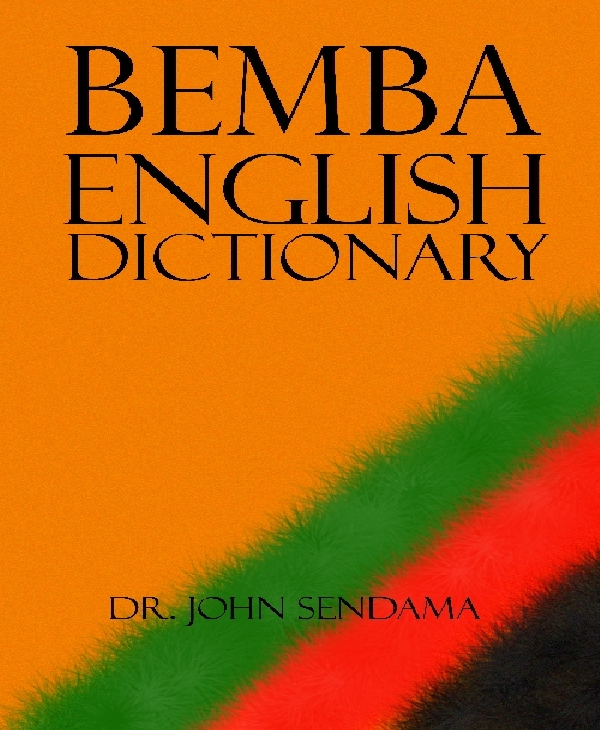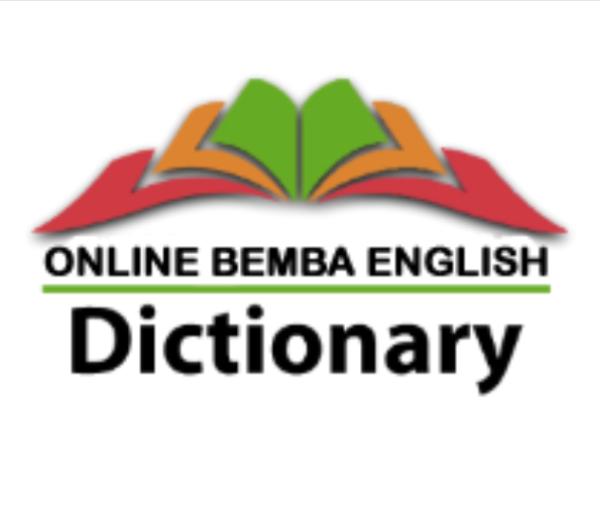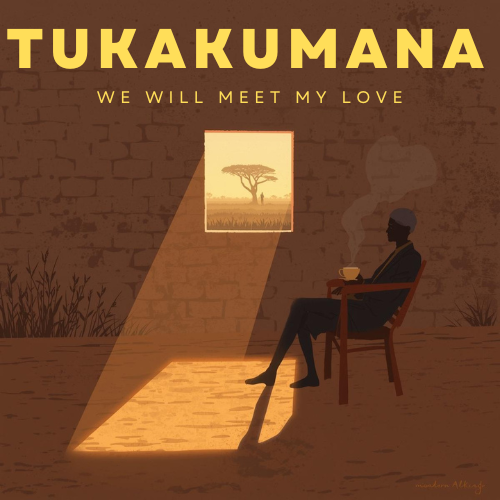GREETINGS
Grandma's house = Ing’anda yakwa mama
Grand dad’s house = Ing’anda yakwa shikulu
Hello Grandma = Mwapoleni mama
Hello Grandad = Mwapoleni shikulu
How are you? = Muli shani?
I am fine = Ndifye bwino
We are fine = Tulifye bwino
They are fine = Balifye bwino
How's the family? = Ulupwa luli shani?
My name is (John) = Nine (John)
COOKING
What are you doing? = Finshi mulecita?
I’m pounding maize = Ndetwa mataba
What are you cooking? = Finshi muleipika?
What can I cook for you? = Finshi ningamwipikila?
What would you like to eat? = Finshi mulefwayo kulya?
What would you like to drink? = Finshi mwalanwa?
Where is the salt? = Umucele ulikwi?
Where is the sugar? = Shuga ilikwi?
I am looking for … = Ndefwaya …
I am looking for another …(mango) = Ndefwaya …(mango) na imbi
Please wash your hands grandma = Sambeni kuminwe, mama
Your bath water is ready (I have prepared your bath) = Amenshi yakowa nimpekanya
a saucepan = Mupika
plate = Mbale
cup = Nkomaki ("Kapu")
glass = ("Gilasi")
Wooden pallet = Mwiko
Cooking oil = Saladi
Safety matches = Macisa
Charcoal = Malasha
Lamp = Lampi
Candle = Nyali
Maize meal = Bunga
Vegetables = Musalu
Meat = Nama
Salt = Mucele
Sugar = "Shuga"
Dish = Mbale yafongomana
Firewood = Nkuni
Water gourd = Inongo yamenshi
Gourd containing "Munkoyo" = Inongo ya munkoyo
The fire is burning well = Umulilo wayaka
The fire is ready = Umulilo wapya
I'm thirsty = Ndi necilaka
Cover the pot = Kupikeni pa mupika
Put away = Bikeni
Put on the shelf = Bikeni pa lwino
Put on top = Bikeni pamuulu
I am full, thanks = Naikuta, natotela
Put in … = Bikeni mu …
Put on … = Bikeni pa …
GENERAL
(Answering when you are called by name) = Mukwai
They want … = Balefwaya …
Is this … = Bushe ici… (singular)/ Bushe ifi … (plural)
Drinking water = Amenshi yakunwa
Bathing water = Amenshi yakusamba
They have gone to … = Bele ku …
the fields = mabala
the bush = mpanga
the market = Cisankano
the river = mumana
the roadside = musebo
the post office = "Poshiti ofishi"
the shops = matuka
Would you like … = Bushe mulefwaya …
I love you very much = Nalimutemwa sana
I missed you a lot = Nalemufuluka
Would you like help with that? = Mulefwaya mwafwilisheko?
Are you ok? = Muli bwino?
What will you cook? = Finshi mwala ipika?
We have come to visit you = Twishile mukumumona
Have a safe trip = Mwende umutende
Be safe = Mwikale umutende
Travel well = Mwende bwino
You are all grown up = Namukula
Are you hungry? = Muli nensala?
How is school? = Amasambililo yali shani?
How are your young brothers? = Abaice benu bali shani?
How are your young sisters? = Abaice benu bali shani?
How are your sisters? = Bankashi shenu balishani?
Come and visit us again = Mukese tutandalila nakabili
Come and visit me again = Mukese monako nakabili
We want you to come and visit us soon = tulefwaya mukese tandala nakabili bwangu bwangu
When are you coming to visit me again? = Nililali mukesa monako nakabili?
Welcome back = Mwabweleni
I've missed you = Namufuluka
PRESENTS (GIFTS)
I brought you this (little present) = Namuletelako aka
I brought you some photos = Namuletelako ifikope
You are looking well = Mulemoneka bwino
How was your day? = Mwatandala shani?
That's nice = Cawama
Let's pray = Tulombe/Natupepe/Tusalike
Can you lead us in prayer? = Lombeni
Where is … = … li kwi?
the toilet? = cimbusu
under the big tree = mwisamba lya cimuti
tree branch = umusambo wakamuti
Over there = Palya
Behind = Kunuma ya …
Underneath = Mwisamba lya …
Between = Pakati ka …
I want to … = Ndefwaya uku …
Learn = Sambilila
Take a photo of you = Ukumukope cikope
Work = Ncito
Do some work = Ukubomba
Clean (verb) = Wamya
Wash (verb) = Samfya
Sweep = Pyanga
Dry (verb) = Anika
Pound/Grind = Twa
Boil (verb) = Ipika
Cook (verb) = Ipika
I want to sleep now = Ndefwayo kusendama nomba
I'm going to my bedroom = Naya kucipinda catulo
TAKING PHOTOS
Please stand here = Iminineni apa
Please come here = Nabese kuno (Iseni kuno)
Can you all squeeze in together? = Mwiseko capamo bonse
There are some visitors for you = Kwaisa beni
I've had a lot of fun = Nayangala bwino sana
I ate well = Naliila
FAREWELL
We are leaving = Twaya
We are going home = Twaya kung’anda
We are coming back (in the near future) = Twalabwela
We are coming back (in the distant future) = Tukabwela
We will be back to see you = Tukesa mumona
I am ready, let's start off = Ninjipekanya, kuti twaima
Let's go = Natuleya
Bye bye = Shalenipo mukwai
I'm going away = Naya



Can you please put these statements in audio form please? I'm trying to learn my family's language and culture and it would be very helpful if you put it in audio.
Thank you and God Bless.
Bwalya,
Thank you for your interest. We are working on your request and will have the first part of Visiting Grandma posted soon.
Just discovered your Bemba lessons – wonderful! I have been learning on my own, using an old White Fathers grammar which was meant for classroom teaching, so it has been a struggle. Thank you for making it clear and easy.
Would it be possible for you to provide an example of one commonly used verb with all of its tenses? Or at least the most commonly used tenses? Tense is where Bemba becomes one of the most complex and interesting languages, like higher calculus!
Hi Luansia,
Thank you for your feedback.
We will prepare a lesson along the lines you suggested in the near future.
Tenses in Bemba are quite interesting.
Hi, am a Zambia born Malawian, I left Zambia when I was a little kid and I want to learn bemba. I like your posts if possible post some more English-Bemba phrases.
Hi Austin, Thanks for your comments. I will post another lesson soon. Let me know if there are any particular phrases you would like us to cover.
Good lessons keep it up
👍